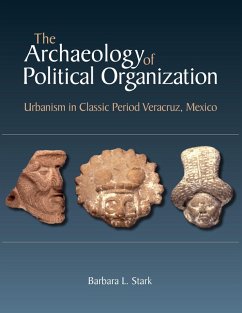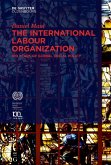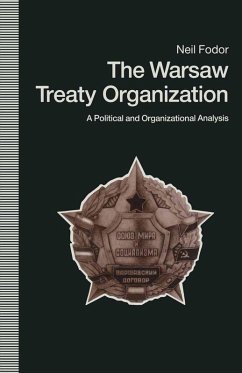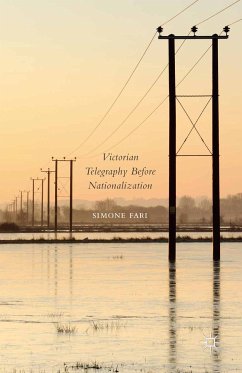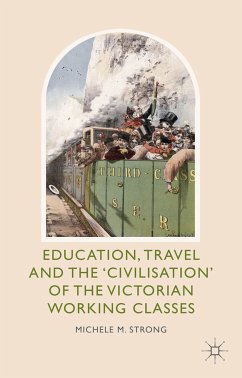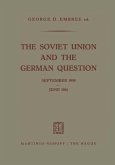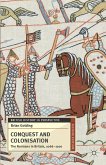In this volume, Barbara Stark examines settlement in the coastal plain of lowland Mesoamerica, which was richly endowed with fertile soil and valued tropical resources such as jaguars, cacao, avian species with bright plumage, and cotton. The book provides basic archaeological data about regional settlement from three decades of survey research in south-central Veracruz in the western lower Papaloapan basin, a region with low density urbanism. The data reveals political and social change, with consolidation of wealth by elite families during the Late Classic period. The political analysis considers archaeological evidence related to several organizational principles: collective versus autocratic, corporate versus exclusionary/network, and segmentary (unspecialized versus specialized). Many variables related to these principles used by other scholars are either suited to historically documented states, not archaeological ones, or ambiguous. Many published studies either focus on a particular city or use documents or other evidence drawn from the top of the settlement hierarchy, characterizing the whole society politically from a biased sample. This political analysis is regional in scope and attentive to variation in the settlement hierarchy, providing a guidepost to analysis of political principles with archaeological data.
Dieser Download kann aus rechtlichen Gründen nur mit Rechnungsadresse in A, B, BG, CY, CZ, D, DK, EW, E, FIN, F, GR, HR, H, IRL, I, LT, L, LR, M, NL, PL, P, R, S, SLO, SK ausgeliefert werden.

